
A Guide to Permanent Establishment Risks for Global MNC's
As multinational firms expand across the world, global taxation income tax regulations are today at the heart of business concerns. Permanent establishment is one such concern that determines when a company becomes liable to income tax on foreign profits in another jurisdiction. A wrong move here can lead to unexpected tax charges and compliance issues.
This manual explains what constitutes a permanent establishment, risks, and how MNCs can successfully regulate taxation of cross-border transactions to stay in line.
What is a Permanent Establishment?
A permanent establishment (PE) is a fixed place of business through which a foreign enterprise performs its main activities either wholly or partly in a foreign state. This can lead to taxation of international transactions in the host country, since profits attributable to the PE are taxable there.
The theory is based on global tax rules such as the OECD and UN Model Tax Conventions and is part of most double taxation agreement (DTA) conditions signed by countries, including India.
Examples of Permanent Establishment which are common:
- Project or branch office
- Warehouses or retail stores
- Installation or building construction projects beyond treaty periods
- Employees or agents concluding contracts in the host nation
Understanding Permanent Establishment Risk
Permanent establishment risk arises when a host country decides that a foreign enterprise has established a taxable presence, most often inadvertently. Penalties may be in the form of back taxes, penalty, and audit attention.
Key Scenarios That May Trigger PE:
If a person or entity in India habitually exercises authority to contracts on behalf of a foreign firm, it could lead to a Dependent Agent PE.
Repeated service delivery by foreign personnel in India, especially for over 90 days in a 12-month window, may give rise to a Service PE.
PE can be triggered if construction or installation work in India exceeds the period defined in the applicable double taxation agreement (usually more than 183 days).
- Dependent Agents
- Service-Based Activities
- Construction Projects
- Digital Presence
Under India's evolving rules, Significant Economic Presence (SEP) may constitute a PE—even without physical presence—especially for e-commerce and tech companies.
Failure to identify and manage these risks can significantly affect taxation of international transactions and global profitability.
Tax on International Transactions and PE Impact
Once a permanent establishment is established, the profits attributable to it are subject to tax on international transactions in the host country. In India, this activates compliance requirements under the Income Tax Act, including:
- Adherence to transfer pricing regulations
- Arm’s length pricing for intercompany dealings
- Maintenance of Local Files, Master Files, and Form 3CEB where applicable
For example, if a foreign entity's Indian subsidiary or agent carries out procurement or services that are deemed core business functions, authorities may attribute profits to a PE and impose income tax on foreign income accordingly.
Double Taxation Agreements: Your Safety Net
A double taxation agreement plays a crucial role in minimizing PE exposure and avoiding being taxed in two countries on the same income. India has signed over 90 such treaties.
Benefits of DTAAs:
- Define minimum thresholds (e.g., time limits) for establishing a PE
- Provide reduced rates for withholding taxes on royalties, technical fees, and interest
- Offer dispute resolution via Mutual Agreement Procedure (MAP)
- Allow tax credits or exemptions for foreign taxes paid
To claim treaty relief, companies must submit a Tax Residency Certificate (TRC), Form 10F, and ensure accurate disclosures in their Indian tax filings.
Evolving Framework of International Taxation in India
India has tightened its regulatory net around international taxation income tax in recent years. Key developments include:
- Significant Economic Presence (SEP): Targets digital businesses based on user activity and revenue generation in India.
- Equalisation Levy: Aimed at foreign digital service providers offering goods or services to Indian consumers.
- GAAR (General Anti-Avoidance Rule): Directed towards preventing tax avoidance by artificial entities and treaty abuse.
Global reforms like the OECD's BEPS (Base Erosion and Profit Shifting) target substance over form to determine the actual nature of cross-border transactions.
Practical Steps to Reduce Permanent Establishment Risk
To effectively manage permanent establishment risk and ensure compliance with tax on international transactions, MNCs can adopt the following best practices:
Evaluate business models, agency relationships, and operational setups before entering a new market.
Structure agreements to prevent local representatives from having authority to bind the foreign entity.
Work with truly independent service providers who assume their own risks and rewards.
Monitor how long foreign staff spend in India—particularly for services or supervisory roles.
- Conduct PE Risk Assessments
- Draft Contracts Wisely
- Engage Independent Agents
- Track Time on Indian Soil
- Show Limited Local Activity
Document that Indian operations are auxiliary or preparatory in nature rather than core revenue-generating.
Conclusion
In today's global economy, understanding the nuances of permanent establishment, taxation of international transactions, and income tax on foreign income is essential for risk-free expansion. Governments are continuously updating regulations to ensure their fair share of global profits, and the concept of PE is at the heart of this shift.
Multinational companies must stay informed, utilize double taxation agreements effectively, and prioritize substance-driven operations to navigate the complex world of international taxation income tax successfully.
By proactively managing permanent establishment risk, global businesses can avoid costly tax controversies and build sustainable, compliant operations across borders.
Recent Posts
-
 Ruling on Corporate Guarantee & SBLC: Major Relief...
Jan 19,2026
Ruling on Corporate Guarantee & SBLC: Major Relief...
Jan 19,2026
-
 Functional Profile is utmost important for Transfe...
Jan 16,2026
Functional Profile is utmost important for Transfe...
Jan 16,2026
-
 Whether ESOP and regulatory charges to be treated ...
Jan 12,2026
Whether ESOP and regulatory charges to be treated ...
Jan 12,2026
-
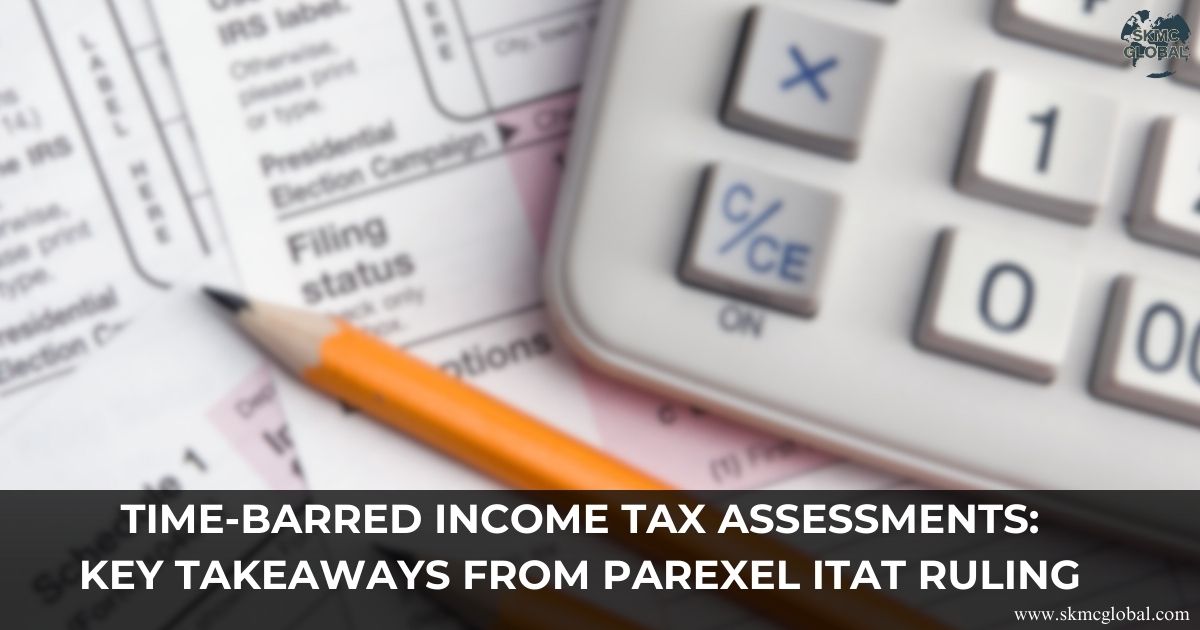 Time-Barred Income Tax Assessments: Key Takeaways ...
Jan 09,2026
Time-Barred Income Tax Assessments: Key Takeaways ...
Jan 09,2026
-
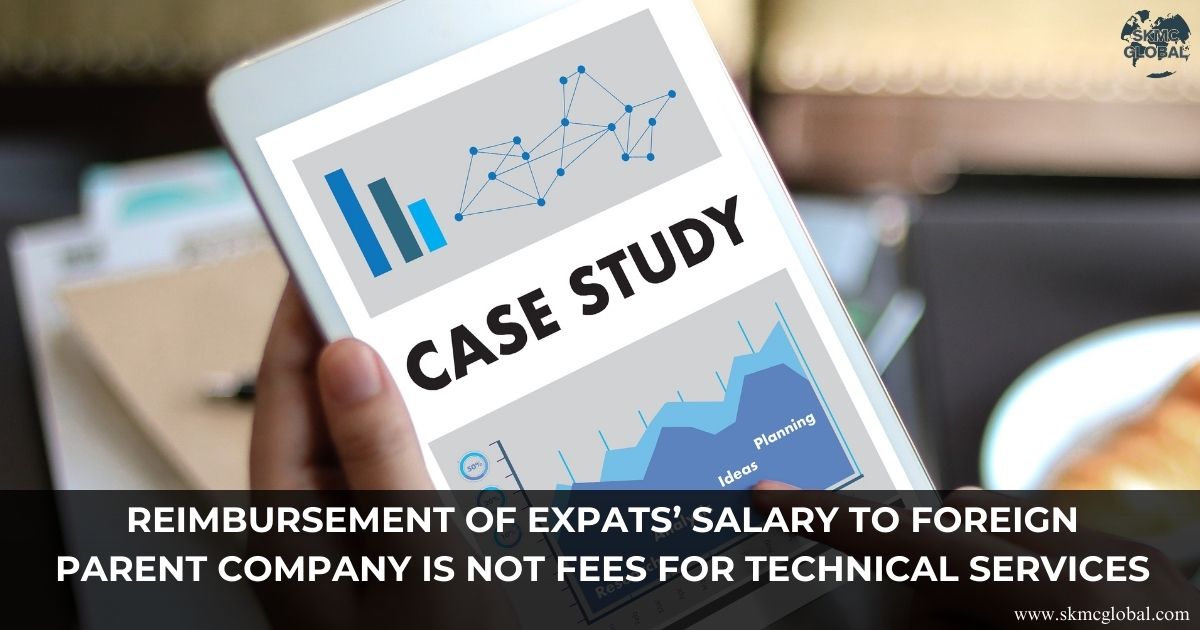 Reimbursement of Expats Salary to Foreign Parent C...
Jan 08,2026
Reimbursement of Expats Salary to Foreign Parent C...
Jan 08,2026
-
 GSTR-9C: The Reconciliation Statement for Larger B...
Nov 25,2025
GSTR-9C: The Reconciliation Statement for Larger B...
Nov 25,2025
-
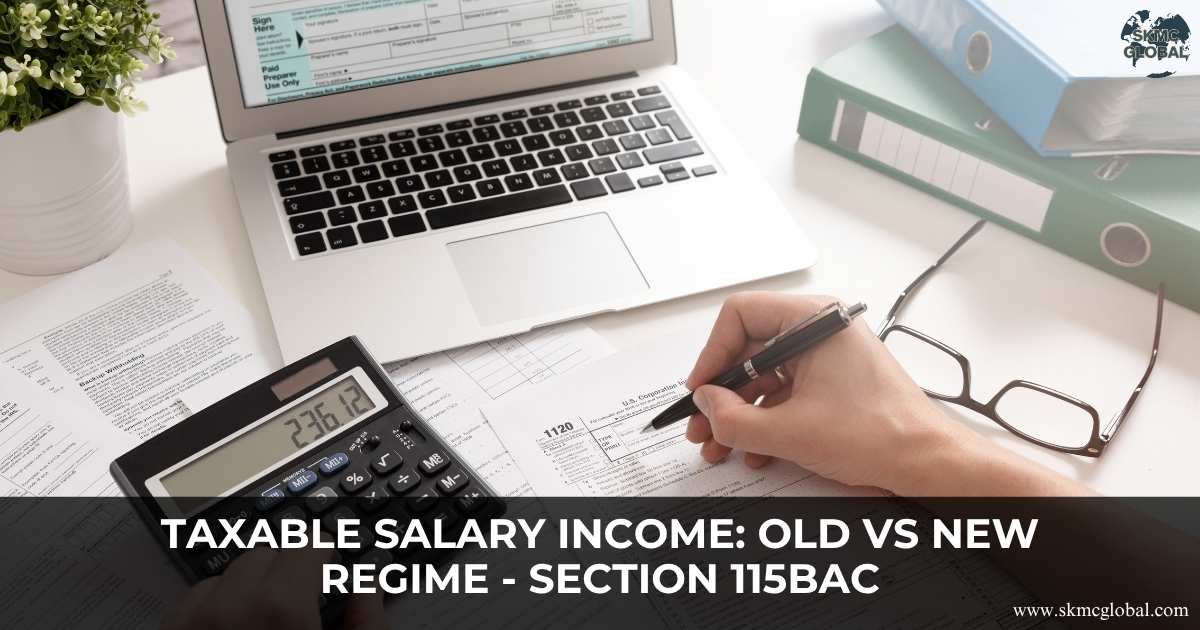 Taxable Salary Income: Old vs New Regime - Section...
Nov 13,2025
Taxable Salary Income: Old vs New Regime - Section...
Nov 13,2025
-
 Understanding Foreign Dividend Income Taxation...
Oct 21,2025
Understanding Foreign Dividend Income Taxation...
Oct 21,2025
-
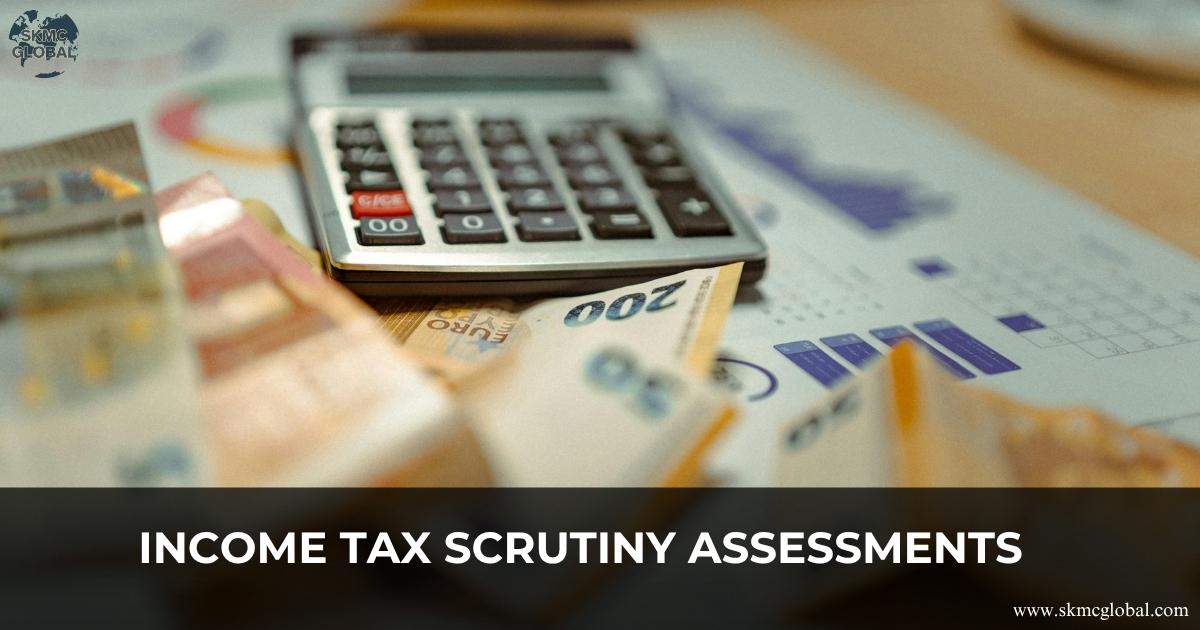 A Guide on Income Tax Scrutiny Assessments...
Oct 17,2025
A Guide on Income Tax Scrutiny Assessments...
Oct 17,2025
-
 Claiming Tax Credits under Double Taxation Avoidan...
Aug 28,2025
Claiming Tax Credits under Double Taxation Avoidan...
Aug 28,2025
-
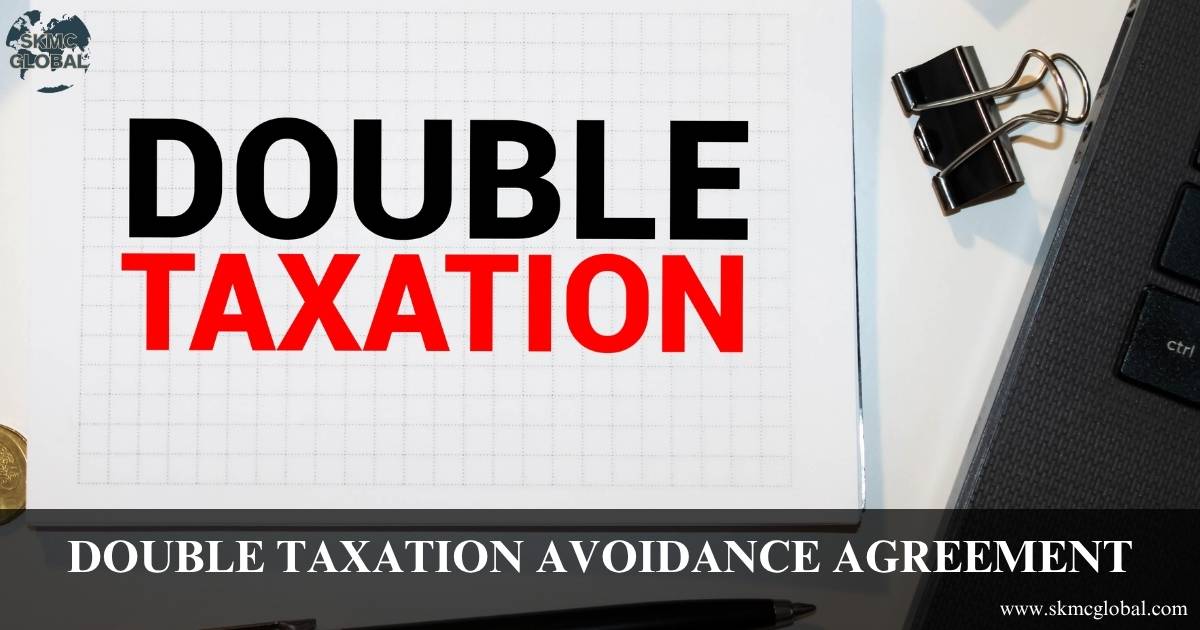 Relevance of Double Taxation Avoidance Agreement f...
Jul 19,2025
Relevance of Double Taxation Avoidance Agreement f...
Jul 19,2025
-
 Understanding APAs Under Indian Income Tax Law: Pr...
Jun 23,2025
Understanding APAs Under Indian Income Tax Law: Pr...
Jun 23,2025
-
 A guide to permanent establishment risks for globa...
May 16,2025
A guide to permanent establishment risks for globa...
May 16,2025
-
 E- Commerce-Challenging Transactions Without Borde...
Mar 20,2025
E- Commerce-Challenging Transactions Without Borde...
Mar 20,2025
-
 Form 10F...
Mar 04,2025
Form 10F...
Mar 04,2025
-
 THE NEW INCOME TAX BILL, 2025...
Feb 24,2025
THE NEW INCOME TAX BILL, 2025...
Feb 24,2025
-
 TDS Amendments...
Feb 14,2025
TDS Amendments...
Feb 14,2025
-
 What is an Income Tax Clearance Certificate (ITCC)...
Oct 02,2024
What is an Income Tax Clearance Certificate (ITCC)...
Oct 02,2024
-
 Introduction to Cross-Border Taxation...
Apr 13,2022
Introduction to Cross-Border Taxation...
Apr 13,2022
-
 The Importance of Transfer Pricing for Multination...
Mar 16,2022
The Importance of Transfer Pricing for Multination...
Mar 16,2022
